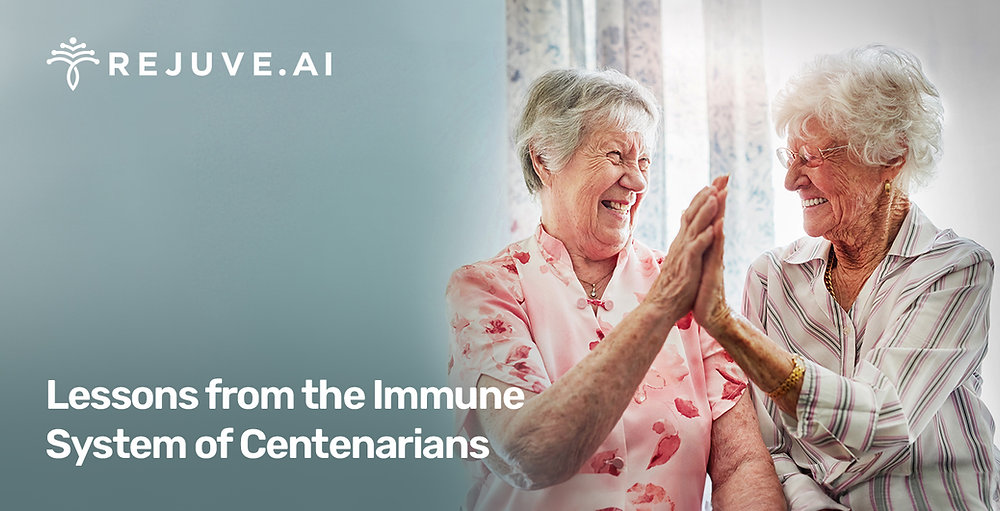Supercentenarians are an extraordinarily resilient group of people. Reaching the age of 110 requires overcoming a century’s worth of adversity. Beyond their mental toughness, supercentenarians are biologically resilient as well.
Our friends at Rejuve.AI have outlined the factors behind the “startling immune resilience” observed in centenarians and supercentenarians. Their immune systems are dynamic and capable of responding to new threats, as demonstrated by studies on centenarians who contracted COVID-19. Rejuve.AI notes:
“Researchers collected blood samples from centenarians who were residents in a long-term care facility and had been infected with or exposed to SARS-CoV-2, which causes COVID-19. They then tested these samples for the presence of antibodies specific to the SARS-CoV-2 spike protein that the virus uses to enter cells.
Amazingly, the study revealed that centenarians produce potent spike-specific antibodies that prevent the virus from infecting cells and spreading. Plus, these antibodies were still detectable in their blood 60 days after they were first diagnosed with COVID-19 [11].”
The ability of supercentenarians to survive COVID-19 is exemplified by María Branyas Morera, the world’s oldest person. Sra. Branyas contracted COVID-19 in April 2020 at the age of 113. She survived despite the lack (at the time) of effective therapeutics to combat the disease. Sra. Branyas’s predecessor as the world’s oldest person, Ms. Lucile Randon, also recovered from the disease at the age of 116.
Rejuve.AI, pioneering as the world’s first decentralized AI longevity research network, seamlessly merges blockchain, artificial intelligence, and advanced longevity research. Their vision is to democratize healthy aging, making it accessible to everyone—possibly even extending the lives of supercentenarians.

